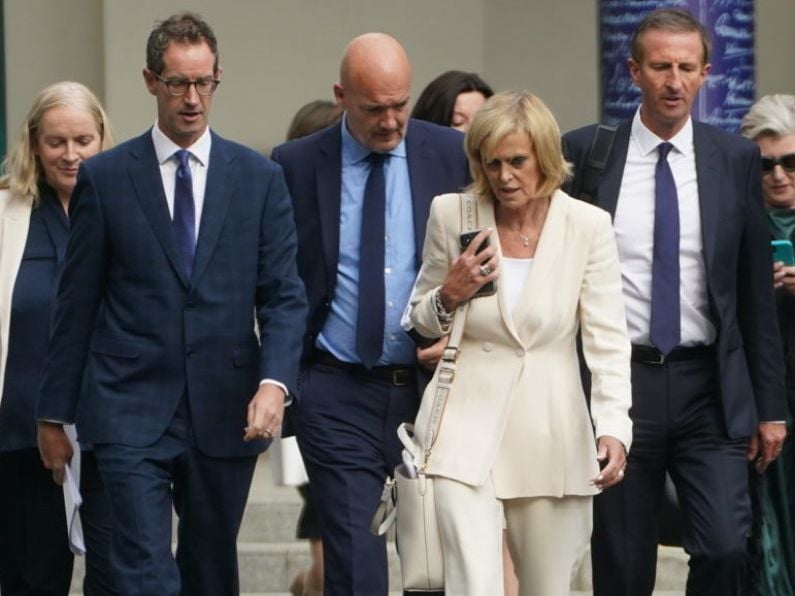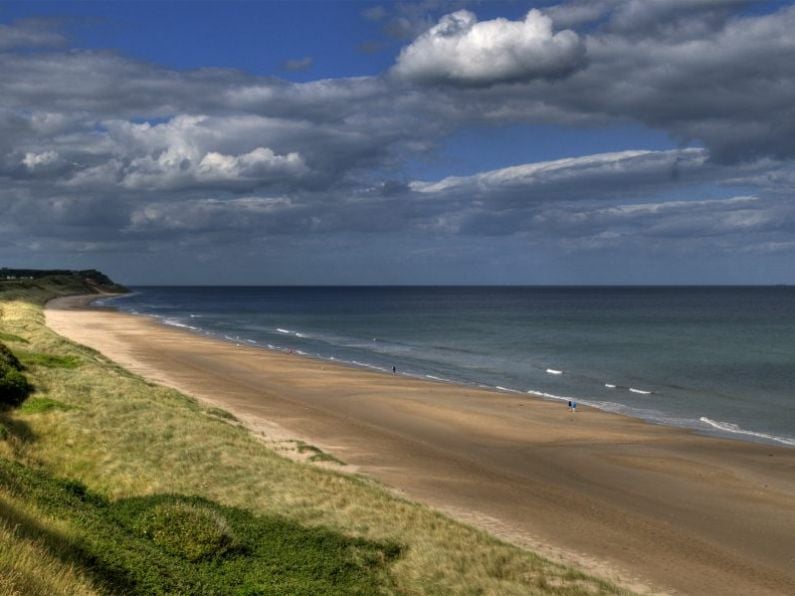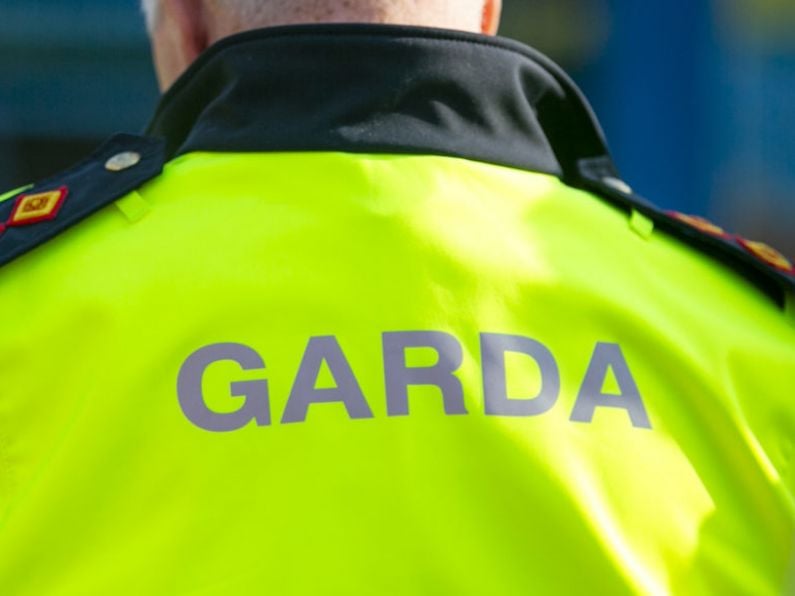Former commercial director at RTÉ Willie O’Reilly has said that politicians are part of the problem at the national broadcaster as they have never grappled with the question of how best to fund public service broadcasting.
Mr O’Reilly told RTÉ radio’s Morning Ireland that the new director general of RTÉ was facing “an appalling vista” as it was going to be even more difficult for RTÉ to generate funds to pay for content. “If money doesn’t come in, programmes don’t get made.”
During his time at RTÉ barter transactions were common, they were “an entirely legitimate part of financial arrangements” and as long as they were VAT compliant they were accepted by the Revenue Commissioners.
Such transactions were commonplace in the media and he had operated them in other radio stations. But they were never used to “top off payments” when he was commercial director in RTÉ, he said. When asked about so-called ‘slush funds’ Mr O’Reilly said he had acted commercially at all times in a bid to meet tough targets and he had brought journalists to rock concerts and bought them pizzas.
“RTÉ needed €180 million every year from the commercial department. Our budget each month was in excess of €12 million. We did everything in our efforts to meet those targets. They were tough. So did we do entertainment? Absolutely, yes.”
The figures given at the PAC meeting on Thursday for a trip to Japan were “a big step up” and there seemed to have been the acquisition of some things such as season tickets which he thought should be on the asset register.
During his tenure he had to introduce an entirely new trading system as more funding was necessary following criticism of RTÉ following a letter from the Competition Authority saying that the station had been abusing its dominant position in terms of TV sales.
“The first year I was there. There were a lot of problems. They were the key things, the key focus. Our team needed more money because, and this is the irony of yesterday's hearings, the Government hadn't sorted out the financial arrangements for RTÉ. So it has become increasingly dependent on commercial revenue.”
The details of every deal were not brought to the attention of the b, he said. The information was there had it been requested. There was a financial officer on the commercial floor who “looked after all such matters".
If details “did not go up the chain” he did not know why. “But certainly the chief financial officer in my day knew of its existence.”
Mr O’Reilly said it was going to get even more difficult for RTÉ. “It's going to become more dependent on its commercial revenue and put more pressure on the people. There's about 100 on the commercial floor who are really good people, by the way, and should be congratulated for a lot of the work they do. But it will be more difficult.
“In my day, I would come to a meeting with the DG and he'd ask me, ‘are we going to meet the commercial targets this year?’ And if my answer was no, he would say to me, ‘well, will you understand the import of what you're saying? It means I'm going to have to cancel a drama series next year. That's the conversation you have at the top level. If the money doesn't come in commercially, the programmes don't get made. It's as simple as that.
'Appalling vista'
“I think it's going to be really difficult for an incoming director general because he's going to find problems with the commercial people who are saying their budgets are declining. He's going to have problems with the license fee collection because people won’t be paying their license, all of which will mean an impact on our programming. It's really an appalling vista.
“For whatever reason, RTÉ and our political parties, political masters have never worked out a forward plan. You know, the licence fee has stayed at €160 for more than a decade. The BBC was able to negotiate incremental increases, which kind of took the heat out of the situation over a number of years.
“So I've never really been able to understand why the Government, who speak so highly and members of the committee did yesterday about RTÉ and its work, why they won't grapple with that thorny question of how do we fund it for the future? How do we give it security to be there? They need to address that question. The politicians, yes, they are part of the problem. They ask good questions. I understand the heat in the room. But they are also part of that problem.”
By Vivienne Clarke
Keep up to date with all the latest news on our website Beat102103.com.






